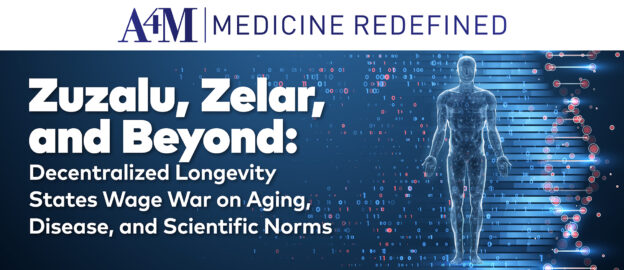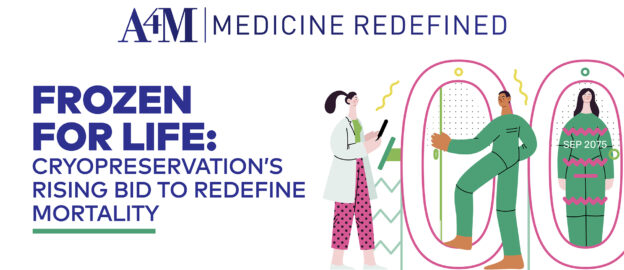Deep in the heart of Berlin, a group of visionary scientists, daring entrepreneurs, and forward-thinking investors are coming together for a collaboration of unprecedented potential. Their goal is not to launch a new startup or unveil the latest tech gadget. It’s far more audacious: to make death optional.
Welcome to Zelar City, a six-week pop-up community that’s part scientific conference, part futurist social experiment. From October 5th to November 17th, 2024, this temporary autonomous zone will host some of the world’s leading minds in longevity research, all united by a shared mission to wage war on aging, disease, and the concept of mortality itself.
But Zelar City is just the latest manifestation of a revolution that’s been gaining momentum for years.



